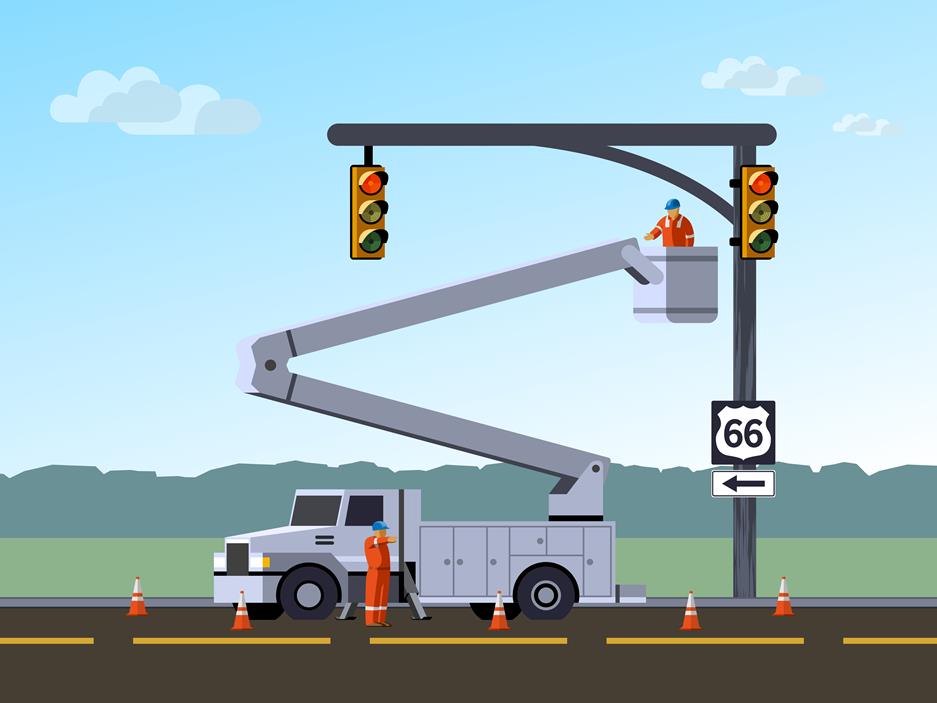Get ready to rumble: Round 2

Having trouble with a construction project? Following his advice on preparing for an adjudication, Henry Mullen, dispute resolution lawyer at Muckle LLP, shares his tips on how to handle yourself once an adjudication notice lands.
If you read last month’s article, hopefully you’re feeling better equipped to deal with adjudication - a process designed to resolve construction industry disputes within just 28 days. But how should you respond once you’ve actually received a notice?
To your corners
Groundwork is key – so do as much preparation in days 1-7 as possible. Get your defence team together and allocate tasks, identify key people (witnesses, experts, decision-makers) and make sure they are available throughout the 28-days.
Produce a timetable and set yourself deadlines. Clear your weekends as you will need all the time you can to prepare. Only bank holidays, Christmas Day and Easter Sunday are excluded from the 28-day period.
Defence! How to approach your response
- Keep it simple - focus on the basics
- Establish the law – what are the relevant legal principles. Analyse your legal position - how strong is it? Should you be settling not fighting?
- Establish the facts - who, what, when, where and why? Compile the evidence - prove those facts. Remember ‘facts' without evidence are not facts.
- Have a gameplan. Should you go on the attack or defence? You can choose to run a positive case (advance an alternative case to your opponent) or a negative case (argue that the opponent’s case is unlikely to be true). It all depends on the strengths and weaknesses of your argument compared with your opponent’s.
- Can you counterpunch? You can raise any points in your defence to the claims that would amount in law or in fact to a defence to the claim, regardless of whether those points have been raised prior to the adjudication. Can you bring a cross-claim or counterclaim?
- Get the referee onside. It can irritate the adjudicator if they have to work hard to interpret the evidence, so make their life as easy as possible. Be courteous at all times, helpful, friendly and prompt with any responses - win the sympathy war and stay in their good books. It’s important to make sure they understand your version of events.
- Save your breath. Don’t include irrelevant information in your response as this wastes your time and detracts from your good points.
After the final round: What if you don’t agree with the decision?
The courts will generally enforce adjudication, however there are some exceptions if, for example, the adjudicator has operated outside their jurisdiction, not been impartial or allowed each party the opportunity to make its case. If there is an error or omission in the decision that appears to be accidental, you should contact the adjudicator and the other party immediately.
Any correction must normally be made within 5 days of the delivery of the adjudicator's decision. Don’t expect them to change their mind on the substantive issues.
Even if the adjudicator’s decision is enforced, you can always take your dispute to court or to arbitration. This is not an appeal of the adjudicator’s decision, but a completely new hearing starting afresh.
Your costs - who pays?
The parties will usually bear their own costs relating to the adjudication – but check your contract, it may say otherwise.
Usually, the adjudicator will decide who pays their costs. Often, they will decide that the overall 'losing' party must pay, however, they may consider how each party has behaved, or whether each party has won on some issues, and split the costs accordingly.
The adjudicator may also simply apportion the fees equally, because technically both parties are jointly responsible. That also means that if one of you defaults on payment, or becomes insolvent, the adjudicator can legally demand their fees from the other.
You may also have to pay for:
- expert advice sought by the adjudicator, providing they have advised you in advance
- legal advice to support your defence or claim, as the adjudicator does not have the power to award costs
This advice is designed to be practical and only touches on the complex legal issues involved in adjudication. That is why it’s best to seek professional advice as early as possible to establish the most cost-effective and commercial approach for your business.
Whatever the dispute, you can call Henry Mullen on 0191 211 7999 or email [email protected] for advice or a free consultation.
